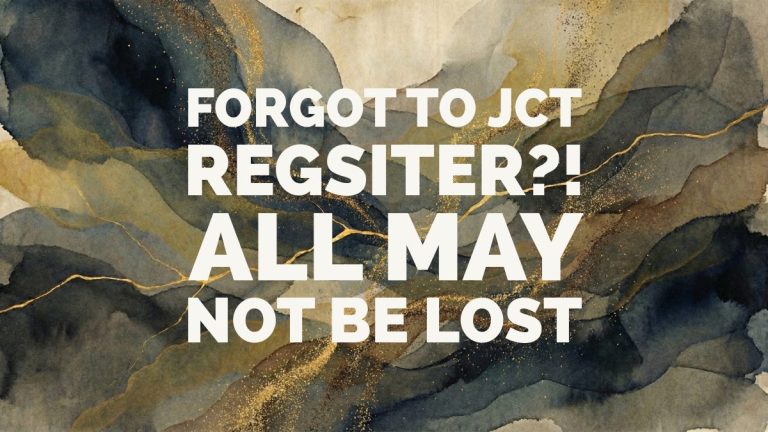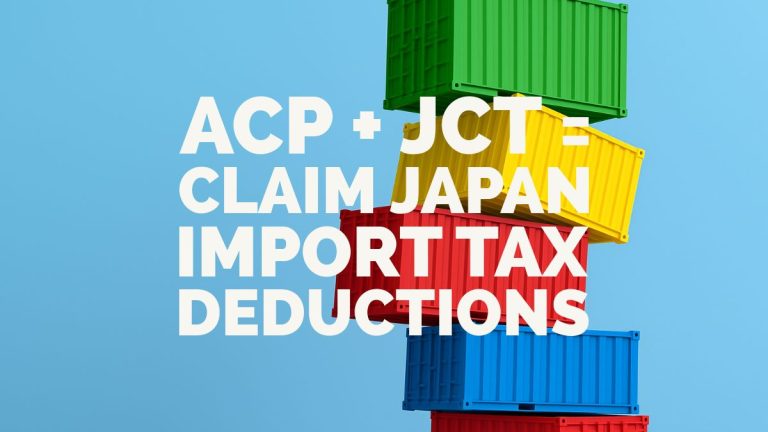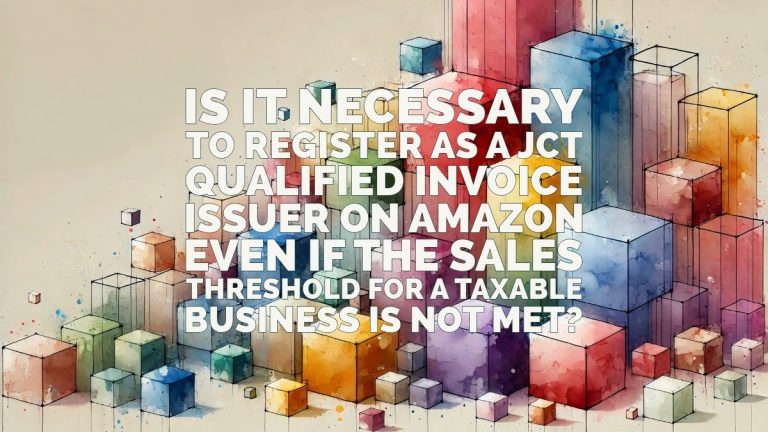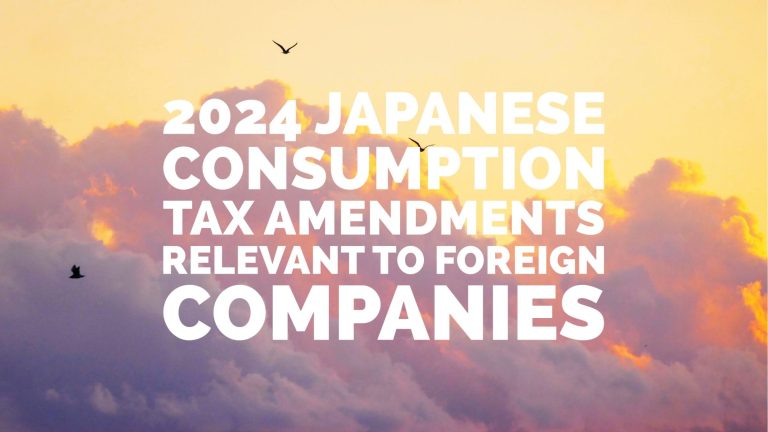Overview
In a previous post, we introduced some basic characteristics of JCT.
In this post, we’ll be looking at the scope of JCT and who actually pays the tax.
Scope of JCT and Who Pays the Tax
According to the Consumption Tax Law, JCT is applicable to the following :
| Relevant Law | Applicable Transactions | Tax Payer |
|---|---|---|
| Consumption Tax Law Article 4 para 1, Article 5 para 1 | Transfer of assets etc. conducted by a business within the country | The business that conducted the transfer of assets etc. |
| Consumption Tax Law Article 4 para 1, Article 5 para 1 | Specific purchases conducted by a business within the country | The business that conducted the specific purchase |
| Consumption Tax Law Article 4 para 2, Article 5 para 2 | Foreign goods that are collected from a bonded area | The person or business that collected the foreign goods from the bonded area |
“Transfer of assets etc.” is defined as follows:
Transfer or lending of assets and the provision of services in exchange for consideration as a business (Consumption Tax Law Article 2, paragraph 8).
“The transfer of specific assets, etc.” is excluded from “the transfer of assets, etc.”
This is because the recipient of the service becomes the taxpayer in the case of “the transfer of specific assets, etc.” as we will see in next.
“Specific purchases” is defined as follows:
Transfer of specific assets, etc. received from another as a business (Consumption Tax Law Article 4, paragraph 1 in parentheses).
“The transfer of specific assets, etc.” is defined as follows:
“Provision of Digital Services” for businesses and “Provision of specific services” (Consumption Tax Law Article 2, paragraph 8, item 2).
“Provision of Digital Services” is defined as follows:
Provision of works and services is a kind of transfer of assets, etc., which are provided through a telecommunication line (Consumption Tax Law Article 2, paragraph 8, item 3).
Typical examples include data distribution services and cloud services provided through the internet.
“Provision of Digital Services” for businesses is defined as follows:
“Provision of Digital Services” for businesses, conducted by a foreign business (Consumption Tax Law Article 2 item 8-4).
“Provision of specific services” is defined as follows:
Provision of services such as theater performances by foreign businesses which is a kind of transfer of assets, etc. (Consumption Tax Law Article 2, paragraph 8, item 5).
This includes performances in Japan by foreign musicians, participation in tournaments in Japan by sports players, etc.
Summary
In a nutshell, JCT is applicable to all sales of goods and services that occur within the country as a business.
And the party that is responsible for paying the JCT is usually the business that is selling the goods or services.
The exception is for specific purchases, which are Digital Services for businesses and certain theatrical services provided by foreign businesses.
In such cases, the party responsible for paying the JCT is the purchaser.











